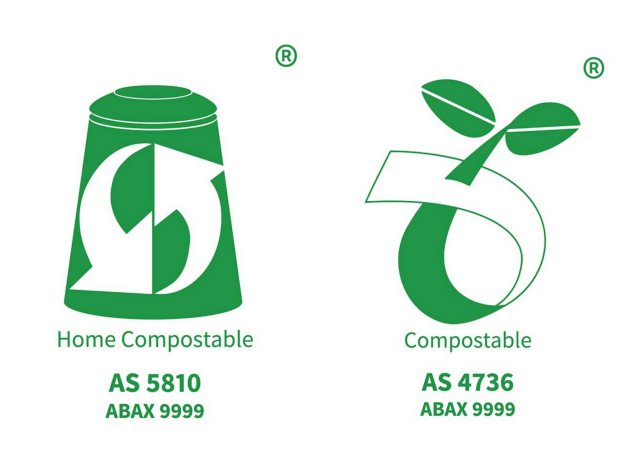Certified compostable packaging is in the spotlight as International Composting Awareness Week (ICAW) runs from 4–10 May, encouraging individuals and businesses to reduce landfill waste and support a circular economy through composting.
The Australasian Bioplastics Association (ABA), a supporter of the initiative, works with the Australian Organics Recycling Association (AORA) to help integrate certified compostable products into the organics recovery sector. Its certification scheme identifies products that meet Australian Standards for commercial and home composting, using the seedling and home compostable logos.

Martine Poulain, chief executive officer at the ABA, said the certification helps consumers and businesses distinguish genuinely compostable materials from other bioplastics.
“By starting in the home and having good systems in place to ensure waste goes to the right place, it’s possible to lower environmental impact and make a difference,” Poulain said.
According to AORA, compostable packaging offers a solution for food-contaminated materials that cannot be recycled but can be diverted from landfill if composted correctly. “Composting organic residuals and creating compost is proven to tackle climate change, while also helping grow nutrient-dense food and support healthy soils,” said John McKew, national executive officer at AORA.
“It can also bring communities together, support local food systems and help achieve sustainability goals. Compost is more than waste management, it’s community transformation.” he said,
The call to action aligns with broader waste challenges in Australia. Council data shows households generate an average of 1000 to 1200 kilograms of domestic kerbside waste annually, placing growing pressure on landfill sites. According to ICAW, composting helps reduce greenhouse gas emissions, improves soil water retention, and supports community gardens and green spaces.
Compost Connect, a not-for-profit platform, links foodservice businesses with commercial composters and provides resources for identifying composting facilities. Its goal is to improve access to composting infrastructure across Australia.
Currently, 164 councils in Australia offer FOGO (Food Organics and Garden Organic) collection services, with NSW councils mandated to implement FOGO bins by 2030.
The ABA’s certification program requires compliance with Australian Standard AS4736 for commercial composting and AS5810 for home composting, and includes restrictions on substances such as PFOA and PFAS. The seedling logo applies to products suitable for industrial composting, while the home compostable logo denotes those suitable for backyard systems.
The initiative is led globally by the Compost Research and Education Foundation and aims to raise awareness about the role of compost in fostering sustainable communities.





